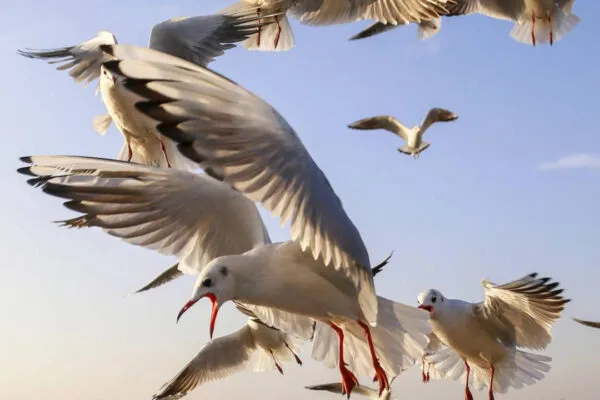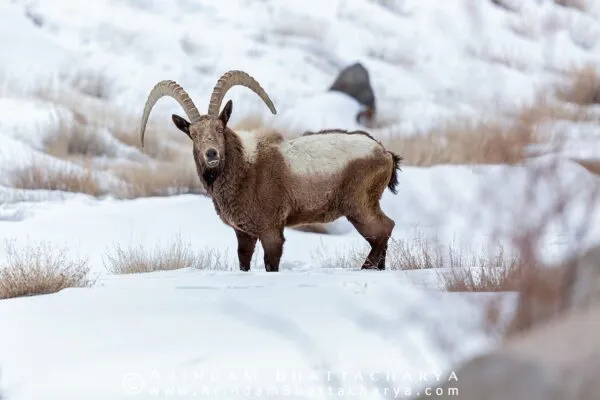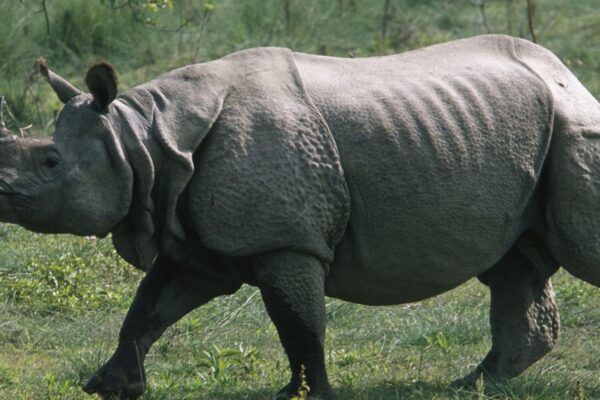Poachers Turned Protectors: Odisha Village Becomes Inspiration for Bird Conservation
According to a report from the 13th conference of Parties (COP-13) on Conservation of Migrating Species of Wild Animals last year, hunting and poaching are threatening the existence of birds migrating globally. A change requires concentrated effort to change these practices. Interestingly, better sense prevailed among the people of an Odisha village where poachers turned into protectors that set an example of bird conservation.
Magalajodi is a village in Odisha, roughly located 1.5 hours away from the state capital of Bhubaneshwar. It is located near the freshwater wetland Chilika lake, the largest brackish water lagoon in Asia. This waterbody is a lifeline for more than 1,50,000 people and 132 villages near it.
This wetland is also home to over 230 species of migratory and resident birds including Himalayan owl, Pacific golden plover and bar-tailed, making it a perfect place for bird watchers and photographers, enthusiasts and researchers alike. Birds fly thousands of kilometres from Himalayas, Russia, the Caspian Sea, Central Southeast Asia to the lake for breeding and nesting during the winters.
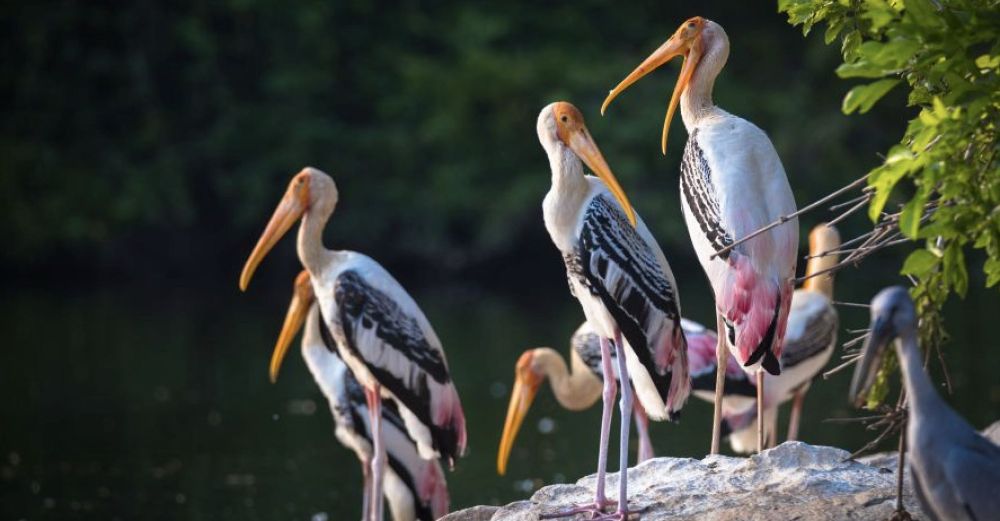
Over 2 Lakh migratory birds arrive in Mangalajodi every year | Image: Mudhi Mixture
Ignoring the significance of this place, villagers failed to understand the value of this treasure for generations. They lived a primitive life of surviving on fishery and poaching and viewed the exotic bird population suitable for the hunt to earn a premium in the market. This threatened the existence of the birds and pushed them on the verge of being endangered.
Villagers soon realised the negative impact of their actions and felt the need for environmental conservation. They decided to quit hunting and took collective action to protect birds and stopped poaching practice. Susanta Nanda, IFS officer and Executive Director of Chilika Development Authority (CDA) started Sri Sri Mahavir Pakshi Suraksha Samiti, an NGO established to create awareness to save birds.
Also Read: Periyar Tiger Reserve’s Peculiar Guardians of the Jungle
The villagers were explained that if the act is continued, the birds will go extinct and the younger generation will be devoid of their glory. Slowly and reluctantly, villagers came together on board. As these poachers turned into protectors, the situation in Mangalajodi turned around. They are now a leading example of bird conservation all over the world!
Ecotourism has become a new source of livelihood for the villagers. The success of this village has motivated similar initiatives in many nearby villages and districts. But the road to Mangalajodi’s success was not easy. The hunters resented the conservation efforts at first but it was understandable. Selling a bird would fetch them 15 rupees or even more, which was more than toiling paddy fields day and night.
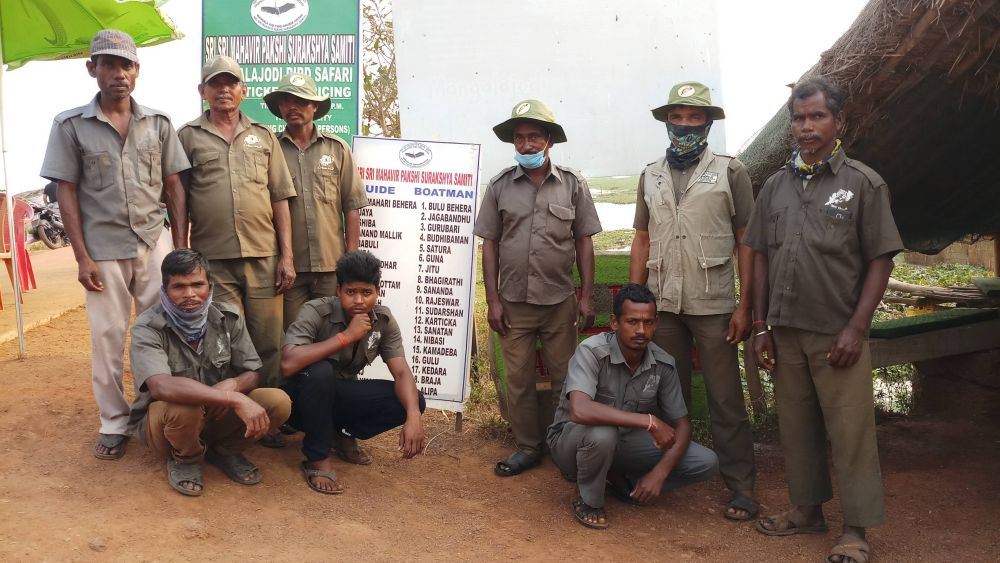
Mangalajodi village is now a leading example of bird conservation all over the world | Image: 101Reporters
The most dreaded hunters were asked to go knee-deep in water and vow in the name of Maa Kalijai, the presiding goddess of the village, to give up on poaching and hunting. The hunters were trained to identify the birds and learn their names. They were asked to report cases of hunting. Initially, there was little or no return but after a decade, birds started coming in great numbers and tourists started flocking too.
Despite the ban and initiatives to stop fishing and poaching in core habitats, a few cases of hunting still get reported. Booming tourism also has its own risks. But the Samiti is now working on a plan to create two divisions – one for tourists and the other for researchers.
The threat from climate change is also looming over the coastal ecosystem. The people now recall if they had continued poaching, they would have lost rare species like Australian Stilts. To add strength to this initiative, the Odisha tourism department started the ‘Chilika Bird Festival’ which is now a popular tourist attraction.
Via: News18
